PMI-RMP® Training Overview
PMI RMP Training is subject to risks at every stage, and these risks can have severe consequences on the execution and smooth progress of a project. It is of critical importance that project planning should include the identification of potential risks, measures to mitigate threats as well as appropriate responses that curtail the harmful effects of such risks. Project Risk Manager is a role that has been created to fill the real need for a professional who can assess, analyze and curb risks while still maintaining a basic level of competence in project management.
The Project Management Institute-Risk Management Professional (PMI-RMP)® credential recognizes a Risk Managers expertise in identifying project risks and mitigating threats while making the best of available opportunities. It also certifies that you have basic knowledge and skills in all areas of project management.
Our 3-day course will handhold you through Project Risk Management concepts, tools, techniques, and processes based on different project and risk management standards including but not limited to the Project Management Institute(PMI)®standards, and will train you for a specialized role in project risk management. It will also prepare you to sit for the PMI-RMP® certification Exam.
We also provide training many project management courses under the project management category.
Please follow us on Facebook, Twitter, LinkedIn,, Google+, YouTube etc. and share your experience with our PMP Training.
PMI RMP Training – Key Features
- 30 PDUs on completion of 3 days of classroom training
- 100% Money-Back Guarantee*
- Group discussions facilitated through classroom training
- Downloadable e-book
- Assistance with the PMI –RMP® Exam Application Form with end-to-end support via phone, email, and chat
Learning Objective:
- Learn to apply risk management practices for greater competitive advantage
- Understand how to identify and measure risks in project development and implementation
- Quantify and create risk response strategies to deliver products that meet stakeholder expectations
- Use a proactive and focused approach to preventing problems, rather than dealing with them once they occur
- Increased visibility within the company
- Greater career growth
Benefits:
- Comprehensive Curriculum: Trainerkart’s PMI-RMP Certification Exam Training offers a structured and comprehensive curriculum that covers all aspects of project risk management, ensuring participants are well-prepared for the certification exam.
- Expert Instruction: Learn from seasoned professionals with vast experience in risk management. Trainerkart’s trainers provide expert guidance and practical insights, enabling participants to grasp complex concepts with ease.
- Exam Readiness: Gain access to practice exams, quizzes, and exam strategies that will boost confidence and readiness for the PMI-RMP certification exam, increasing the likelihood of success.
- Career Advancement: Achieving the PMI-RMP certification significantly elevates career prospects by validating expertise in risk management, making participants stand out to potential employers and clients.
This course would provide value to:
-
Risk Managers and Analysts
-
Project Managers, Associate Project Managers, IT Project Managers, and Senior Project Managers
-
Project Coordinators, Project Analysts, and Project Leaders
-
Team Leaders, Product Managers, Program Managers, Project Sponsors, and Project Team Members seeking PMI-RMP® certification
FAQ
What are the objectives of our PMI-RMP Certification Course?
After completing this course, you will be able to:
- Understand risk management concepts
- Develop Risk Management plans
- Identify problems before they occur
- Identify, assess, and mitigate project risks
- Maximize results and meet deadlines
- Leverage and capitalize on opportunities
- Save resources for your project and organization
- Prepare effectively for the PMI-RMP exam
What is project risk management?
Project risk management involves identifying, assessing, and mitigating risks that could impact the success of a project. It encompasses risk identification, assessment, mitigation, and monitoring to ensure successful project outcomes.
Who is a Project Risk Manager?
A project risk manager is a professional responsible for identifying, assessing, and mitigating risks that may impact the success of a project. They work closely with project teams and stakeholders to develop risk management plans, conduct risk assessments, and implement risk mitigation strategies.
What are the tools and techniques for risk management?
Some commonly used tools and techniques for risk management include risk assessment matrix, brainstorming, SWOT analysis, risk register, Monte Carlo analysis, root cause analysis, and expert judgment.
What are the benefits of risk management?
Effective risk management is crucial for project success, helping teams identify potential risks, develop strategies to manage them, and make informed decisions. It leads to successful outcomes, reduced costs, and improved stakeholder relationships.
What is RMP Certification?
The Risk Management Professional or PMI-RMP® is a certification offered by the Project Management Institute, focusing on project risk management to identify, assess, and mitigate risks, ensuring project success.
Why is the PMI-RMP exam important?
The PMI-RMP certification is recognized globally, providing a standardized framework for identifying and managing project risks. Preparing for this exam enhances professional development and knowledge in risk management.
Is the exam fee included in the course fee?
No, the exam fee is not included in the course fee. Candidates need to pay the exam fee directly to PMI to appear for the RMP certification exam.
Do you assist in the exam application process?
Yes, we provide guidance and assistance for the RMP exam application process to ensure a smooth application experience.
Do you provide course completion certificates?
Yes, upon completing the training program, you will receive a course completion certificate qualifying for 30 contact hours.
How many PDU certificate hours do I get after attending the training?
Yes, we offer 30 PDU certificates to candidates upon completing the RMP training.
Which books are recommended for RMP exam preparation?
While Trainerkart’s RMP course provides a comprehensive understanding of fundamental concepts, it’s advisable to read some reference books as well. These publications offer valuable insights into the practical application of project risk management.
- Practice standard for project risk management by Project Management Institute
- The PMI-RMP Exam Prep Study by Belinda Fremouw
- Risk Management Tricks of the Trade for Project Managers by Rita Mulcahy
Can I cancel my enrollment? Do I get a refund?
Yes, you can cancel your enrollment. To know more, please go through our Refund Policy.
Are there group discounts for training programs?
Yes, we have group discount packages for our training programs. For more information on group discounts, please contact support@trainerkart.com.
Exam And Certification
Eligibility :
To apply for the PMI-RMP® Credential, you need to have either :
- A Secondary Degree (High School Diploma, Associate’s Degree, or the Global equivalent), with at least 4,500 hours of Project Risk Management experience and 40 hours of Project Risk Management education
OR
- A Four-year (4 year) degree with at least 3,000 hours of Project Risk Management experience and 30 hours of Project Risk Management education
Process:
To apply for the PMI-Risk Management Professional Certification Exam :
Register and log in to PMI’s Online System to get started.
You can always refer to the PMI-RMP Handbook for further information.
Please note that as part of PMI’s Continuing Certification Requirements program, a PMI-RMP® credential holder will need to earn 30 PDUs in the specialized area of project risk management per three-year cycle.
Course Agenda: PMI RMP Training
- Introduction to Project Risk Management
- Overview and Risk Management Fundamentals as per PMBOK5
- Plan Risk Management
- Risk Management Plan Contents
- Create Risk Management Plan
- Communication and Leadership
- Building a Communication Foundation
- General Management and Leadership Skills
- Stakeholder Management
- Identify Risks
- Tools and Techniques for Identifying Risks
- Contents of The Risk Register
- Risk Register’s Update Cycle
- Risk Analysis
- Perform Qualitative Risk Analysis
- Perform Quantitative Risk Analysis
- Risk Analysis Outputs
- Plan Risk Responses
- Risk Response Planning
- Risk Response Strategies
- Risk Response Planning Outputs
- Risk Monitoring and Control
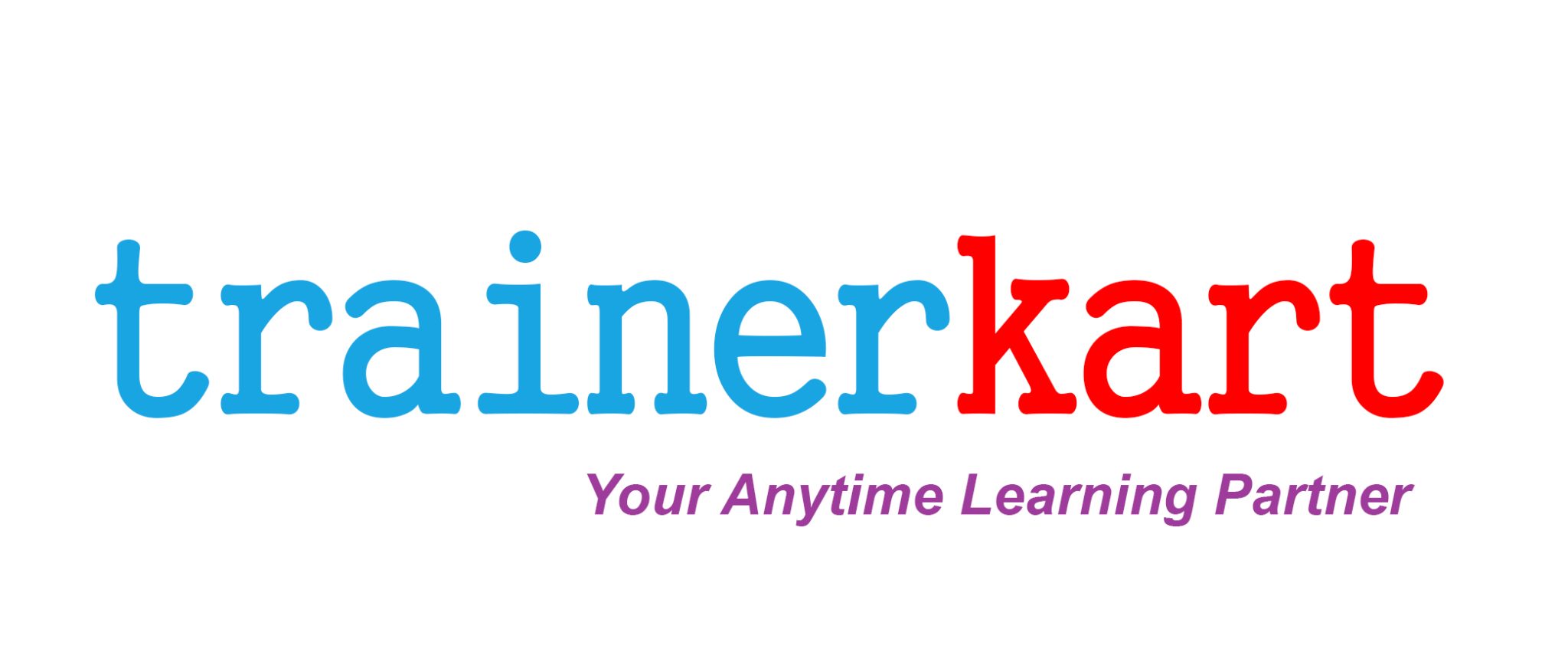
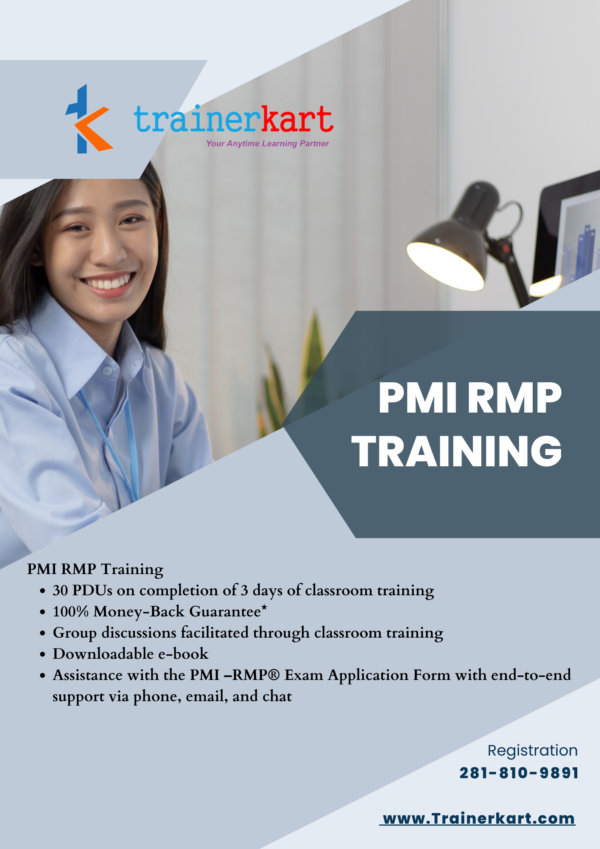
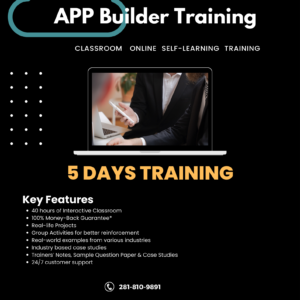
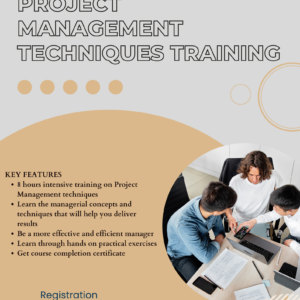

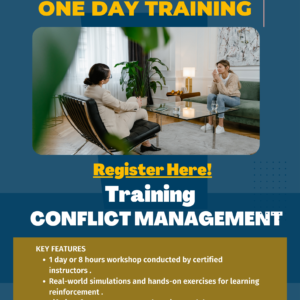
Reviews
There are no reviews yet.